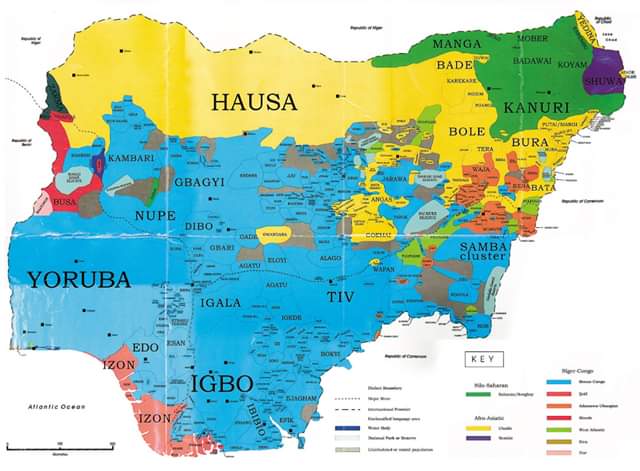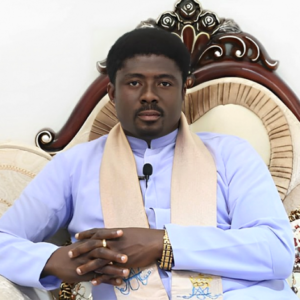
BEFORE COVID-19, medical tourism was Nigeria’s guilty pleasure. An ambiguous sick rose coveted by the ruling class and privileged segments of the citizenry. Its a cavern of the unseen, where deathly tools manifest deficient healthcare and secret crimes of black market operators comprising quack doctors, organ harvesters and traffickers.
Knowing this, President Muhammadu Buhari urged Nigeria to wean her heart of lusts for medical tourism abroad as Wordsworth urged England to wean its heart from poisonous food in ‘October,’ a sonnet of 1803.
Like Wordsworth, Buhari waxed lyrical, urging Nigeria to shun patronage of overseas healthcare. Tough luck, Buhari; Nigeria is on her knees, enraptured by illusions, she sucks from the wrong spigot.
Deficient healthcare corrupts nature. It violates the physical and psychic frames of its victims. Ultimately, it kills. Speaking at the Second National Health Summit of the Nigeria Medical Association (NMA) in Abuja, in November 2019, President Buhari, represented by the health minister, Osagie Ehanire, highlighted its dangers, stating that medical tourism would reduce if Nigerian hospitals offer quality service.
Besides costing the country a whopping N400 billion annually, many risk falling victim to organ thieves and traffickers. They also suffer exposure to quack doctors and substandard healthcare.
Simply put, embarking on medical tourism abroad was akin to hopping from a frying pan into the fire, sometimes. Picture Nigeria as the frying pan, how hot does it get?
Just recently, photos posted by a certain Sawaba FM Hadejia, generated buzz online as they purportedly reveal the shocking incident of a surgeon performing an operation on a seriously injured patient on the corridor of the Hadejia General Hospital, Jigawa, with a torchlight, due to power failure.
The imagery manifests as a sad commentary on Nigeria’s comatose health sector where hospitals are understaffed and doctors perform surgeries using torchlight due to frequent power cuts.
Notwithstanding, President Buhari restated his resolve in his new year speech, to continue reforms in water sanitation, education, and healthcare sectors. He stressed his government’s liaisons with international partners such as GAVI, the vaccine alliance, and the Bill & Melinda Gates Foundation to access support for his social welfare initiatives.
A few months earlier, Mr. President said there was an urgent need to address brain drain in the health sector. He said the Federal Government would like to dialogue with doctors and nurses, “to study ways of retaining our skilled workforce, trained at great expense to the state, as determined by the Postgraduate Medical College.”
Perhaps he truly meant well. But Mr. President’s “candid” and perhaps heartfelt homilies deflected the moral questions triggered by substandard healthcare.
It parries disconcerting queries arising from inadequacies of medical initiatives thus establishing the nation’s healthcare system as a major index of rising inequality, social injustice, profligate governance, a depressed economy, political corruption, and maladministration.
Notwithstanding, Buhari persuades citizenry of means to ditch overseas healthcare and patronise Nigeria’s inadequately funded and understaffed public health facilities or rather, the extortionate private hospitals often manned by poorly trained staff.
More significantly, he mocks the fate of the poor, unemployed masses, whose sad fate it is, to wither and die on the deathly corridors of public health centres. Some may encounter a conscientious, diligent doctor, who would pull all the stops to accord them a semblance of satisfactory healthcare from time to time. Oftentimes, they won’t.
Yet health indicators decline in the absence of aggressive interventions to stop the medical brain drain. The Nigerian Medical Association (NMA) estimates that of the 75,000 doctors registered in the country, about 40,000 practice outside Nigeria. In the UK alone, it was estimated that 12 doctors from Nigeria are registered every week, with more than 5,250 Nigerian doctors already working there.
The proposed 2020 budget of the Federal Ministry of Health was N427billion, which amounts to about 4% of the budget. This is despite a 2001 pledge of 15% of the national budget towards healthcare by member nations of the African Union at a meeting chaired by Nigeria.
In sharp contrast, Rwanda has risen from the ashes of its genocidal past to evolve the most sought-after healthcare system in Africa. The country’s budget ensures that the health sector gets over 20 percent of funding juxtaposed to the Abuja declaration of 15 percent.
The World Health Organization regards countries with less than 10 doctors per 10,000 people to have an “insufficient” number of medical personnel.
Thus Nigeria’s doctor-patient ratio estimated at 1:6000 is regrettable when compared to the ratio of doctor-patient in India (1:2083) and in the United States (1:500).
Currently, less than 5% of Nigerians are covered by the National Health Insurance Scheme (NHIS).
Federal response to the anomalies has so far, being feeble. If Buhari means well, can he vouch for his kitchen cabinet, the legislature, and medical tourist governors? Can he show over 190 million Nigerians or thereabouts how his administration cuts back on frivolities and tames the profligate lusts that drive public officers to seek medical care abroad?
The country’s poorest are worst hit by the state of the health system as primary healthcare centres (PHCs) lie comatose from inadequate funding, lack of equipment and medical personnel.
Enter COVID-19 and Nigeria enjoys donations from presumably well-meaning politicians and corporate citizens. While we commend the generosity of donors, Nigerians must never shy from probing the quality of the donors’ citizenship as public officers and corporate citizens.
What are their antecedents in public space? And why are the donations offered in eggshells of narcissism and artifice? Of the corporate donors, Nigerians must ask, “What is the actual nature of their corporate citizenship and social responsibility beyond the cloud of conceit and doctored media reports?”
There are truths that no degree of spin by Public Relations units of government and big business could stifle. It is noteworthy that Nigeria is in this current mess because previous and current public officers, governments and corporate partners failed woefully in addressing the problems of the health sector.
It is sheer chicanery for a governor or lawmaker to donate half of his salary, knowing it represents a minute fraction of his undeserved monthly take home.
Consider the curious case of a lawmaker, for instance; if hypothetically, a senator’s salary is about N750, 000 per month, and his sitting allowance is N13 million per month. By declaring half of their salaries as donation to fight the pandemic, each would be donating N375, 000 to the cause.
It would make better sense and manifest as worthy sacrifice if they give up their outrageous and undeserved N13 million sitting allowances for the rest of the year.
How grateful should Nigeria be to a political donor who has taken more from the people than he has ever given to them. How thankful should we be to a corporate donor whose entrepreneurial exploits has impoverished several communities and destroyed large swathes of land?
Some of the donors constitute the reason large segments of the citizenry cry out to God at night; by their exploits, Nigeria suffers neutered dreams and the escalation of citizenry deaths, from dusk through dawn.













